Last updated on June 24th, 2025 at 12:36 pm
You get food poisoning from poisoned or polluted food eating or drinking with pathogenic viruses, bacteria, parasites, poisonous chemicals, or toxins. It doesn’t surely come from rotten or spoiled food. It might come from the delicious food that was just improperly handled or cooked.
What is food poisoning?
We think of food poisoning or illness; it’s a broad term that includes more than 250 kinds of disease-causing bacteria, germs, including Salmonella, E. coli, and rotavirus. Those germs can cause diverse degrees of nausea, diarrhea, and vomiting, depending on several factors.
Infectious germs or their toxins can spoil food at any point of processing. The food is contaminated by bacteria that can also occur at home if food is incorrectly controlled or cooked.
What are the symptoms of food poisoning?
When you consume contaminated food and first experience symptoms, it could be anywhere from under one hour to one week. Food poisoning symptoms depends upon the cause of the contamination.
As an example, symptoms of a bacterial disease linked to undercooked pork (Yersiniosis), can appear between four to seven days after eating the contaminated food.
Food poisoning symptoms vary that usually arise within one to two days of eating spoiled food. However, they may start between a few hours and several weeks later with the source of infection.
This mainly includes one or more of the following signs and symptoms:
- Feeling Sick (Nausea)
- Abdominal pain and cramps
- Vomiting
- High fever
- Lack of energy and weakness
- Loss of taste
- Diarrhea
These sickness symptoms will last for a few days, and you will make a full recovery. Food poisoning usually affects the digestive tract and throat.
Types of food poisoning
Escherichia coli (E. coli):
E.coli is the leading cause of bacterial spread on beef. It poisoned the meat with feces during slaughter and spread mainly by undercooked beef. Other causes include unpasteurized milk and apple cider, alfalfa sprouts, and polluted water.
Enteritis:
Intestinal infection (enteritis) is an extremely common illness. You’ll need to avoid food for a while and start taking plenty of fluids. In most cases, the illness will pass in one to three weeks. If the symptoms come on suddenly, you should contact your doctor immediately.
Clostridium botulinum:
Botulinum spread on homemade foods with low acidity, improperly managed commercial foods, smoked or salted fish, potatoes baked in aluminum foil, and other foods kept at warm temperatures for too long. Clostridium perfringens commonly spread when serving dishes like soups and sauces don’t keep hot enough or chilled too slowly.
Anaphylactic Shock:
If you’re allergic to a particular food, you may develop a rough reaction after eating that food. Sometimes, you won’t even notice the problem to consider as mild food poisoning symptoms. You will have to tell that you’re allergic to any particular food before eating to avoid getting an attack.
You can minimize your exposure by staying away from that food as much as possible. That’s better than suffering an embarrassing reaction right in front of everyone at the party.
How long does food poisoning last?
As we told, more than 250 types of food poisoning. While the symptoms may be similar, the length of time it takes to get better differs. Depending on: what substance caused the contamination and how much of it you ingested?
Food poisoning recovery time depends on many factors. These factors include the amount of food ingested, your general health, severity of the problem, and your symptoms’ seriousness.
If you suffer only minor symptoms, you may be able to recover in a day or two. If you have severe symptoms, you may need a week or two. Sometimes, people recover within a day or two without needing medical attention.
You may be out of work for a couple of days. You may experience some discomfort after the initial signs of food poisoning. But, over time, you should be back to your old self.
However, in some cases where the illness is severe enough, the symptoms don’t go away for a few days. The best thing how to know if you have food poisoning is to consult your doctor for more advice. Some medicines can help you recover faster.
How to prevent food poisoning?
You can avoid food poisoning by following the basics of food safety in your home:
- Be sure to protect yourself if you will drink any water from rivers, streams, or lakes.
- Make a habit to wash your hands after treating raw meats, using the toilet, or being around ill people.
- Wash fruit and vegetables, even if you’re going to uncover them.
- Don’t share a plate of uncooked meat, poultry, and fish with different foods.
- Use separate cutting boards and knives for meat, poultry, and eggs.
- Don’t use food that has passed its expiry date.
- A bacterium multiplies fast between the temperatures of 40 ͦF (4 ͦC) and 140 ͦF (60 ͦC). So, you need to preserve food above or below that temperature range.
- Use a meat thermometer for cooking. Meat, fish, and poultry should be cooked to at least the recommended temperature.
- After marinating meat, please don’t use the remaining marinade without boiling it.
- Refrigerate or freeze perishable food inside at least two hours. Frozen food should be melted in the microwave, or under hot water.
- Keep yourself, hydrated! And, remember to throw away leftover food.
What does food poisoning feel like?
Viral gastroenteritis is also known as a stomach bug. It spread through viruses that most frequently include norovirus, rotavirus, and adenovirus.
The norovirus affects around 21 million cases of the stomach bug in the USA each year. Other viruses such as astroviruses may also cause this condition. Stomach bug caused by a rotavirus or norovirus disease is extremely contagious.
In the United States, the infection most commonly occurs between October and April. The most common way to spread this by knives or an infected food handler. You can also get the virus from contact with something somebody infected has touched that contains raw or contaminated meat, poultry, milk, or egg yolks having feces, saliva, or vomit substance with the virus in it.
Diarrhea, intestinal cramps, nausea, and vomiting, are the main symptoms of stomach bug.
Do you get a fever with food poisoning?
Viral or bacterial food poisoning can seldom cause fever. It’s best to focus on balance and high energy diet. That would be rice, bread, rice pudding, applesauce, toast, bananas, and chicken noodle soup.
You want to drink a lot of fluids, rather than just water. Water is isotonic. Suppose you’re ill and you are losing plenty of water or having sweating and get a fever with food poisoning.
In that case, the best supplement is not exactly water. It really should be a not-isotonic fluid. That would be something with sugar, salt, or electrolytes inside, such as Gatorade, broth, ginger ale, or juice. When you consume that sort of fluid, you usually keep it in your body to recover from fever. It’s less likely just to run off or go straight to your kidneys where you’ll urinate it out, or you have diarrhea.
It would be best if you stayed away from food that is harder to your digestive tract to digest, such as greasy, fried, or spicy foods.
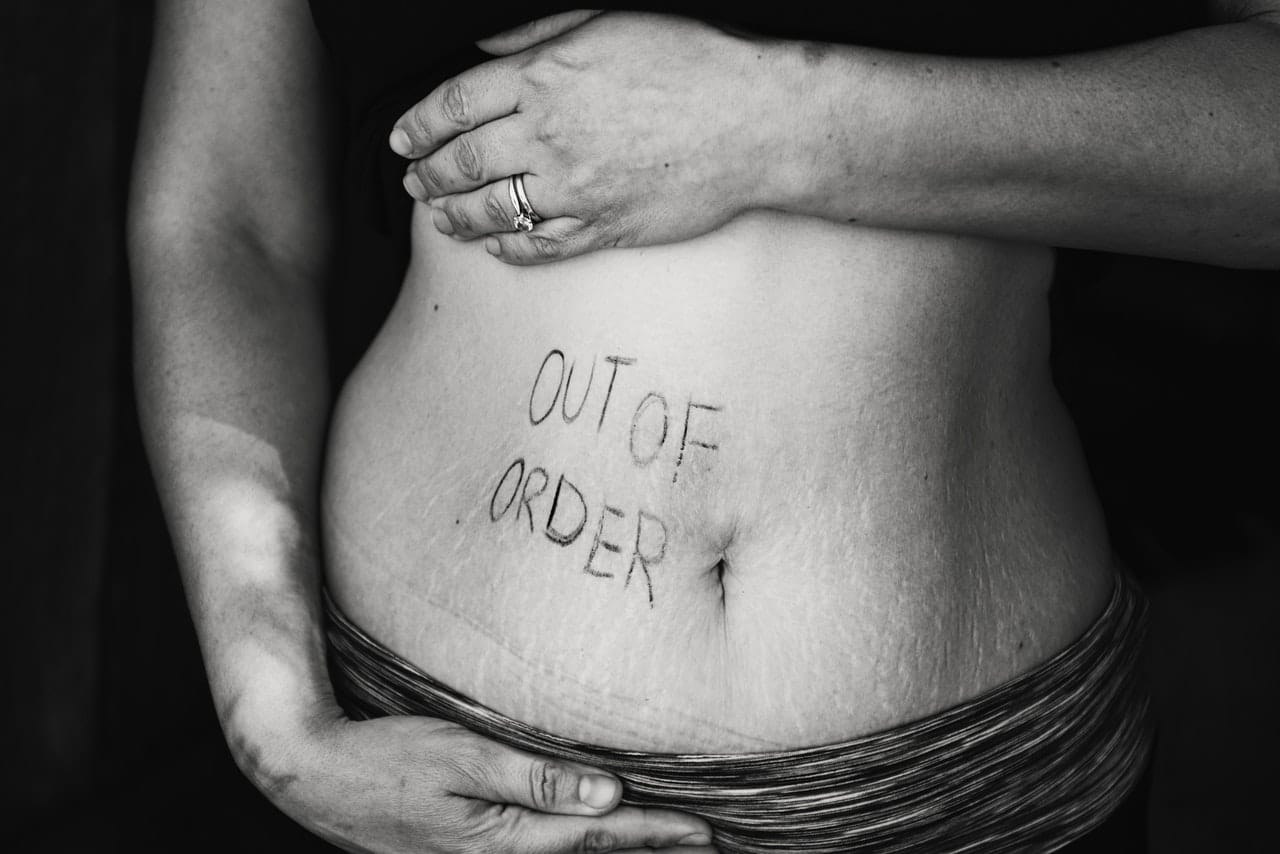
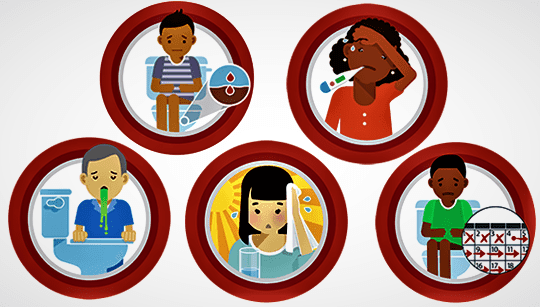
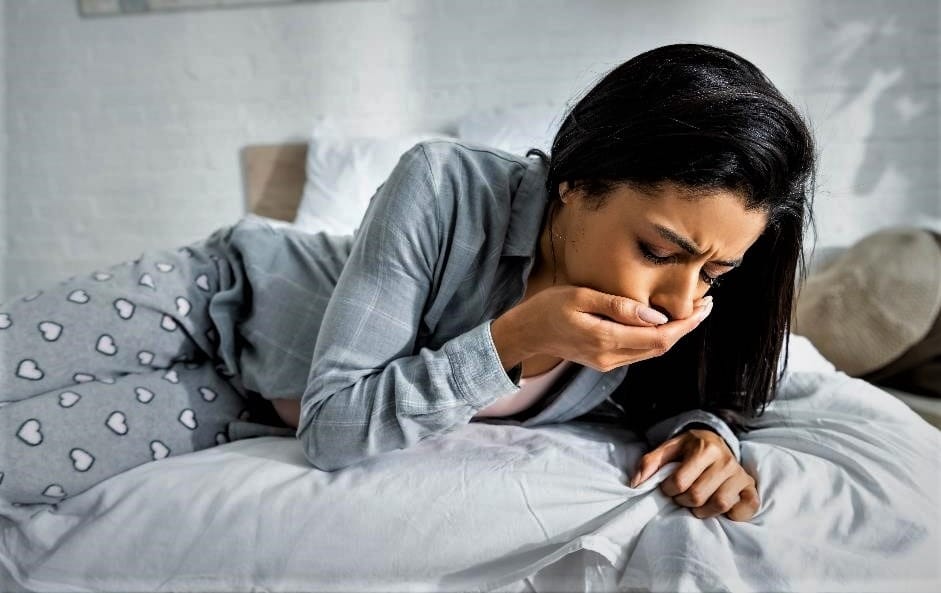
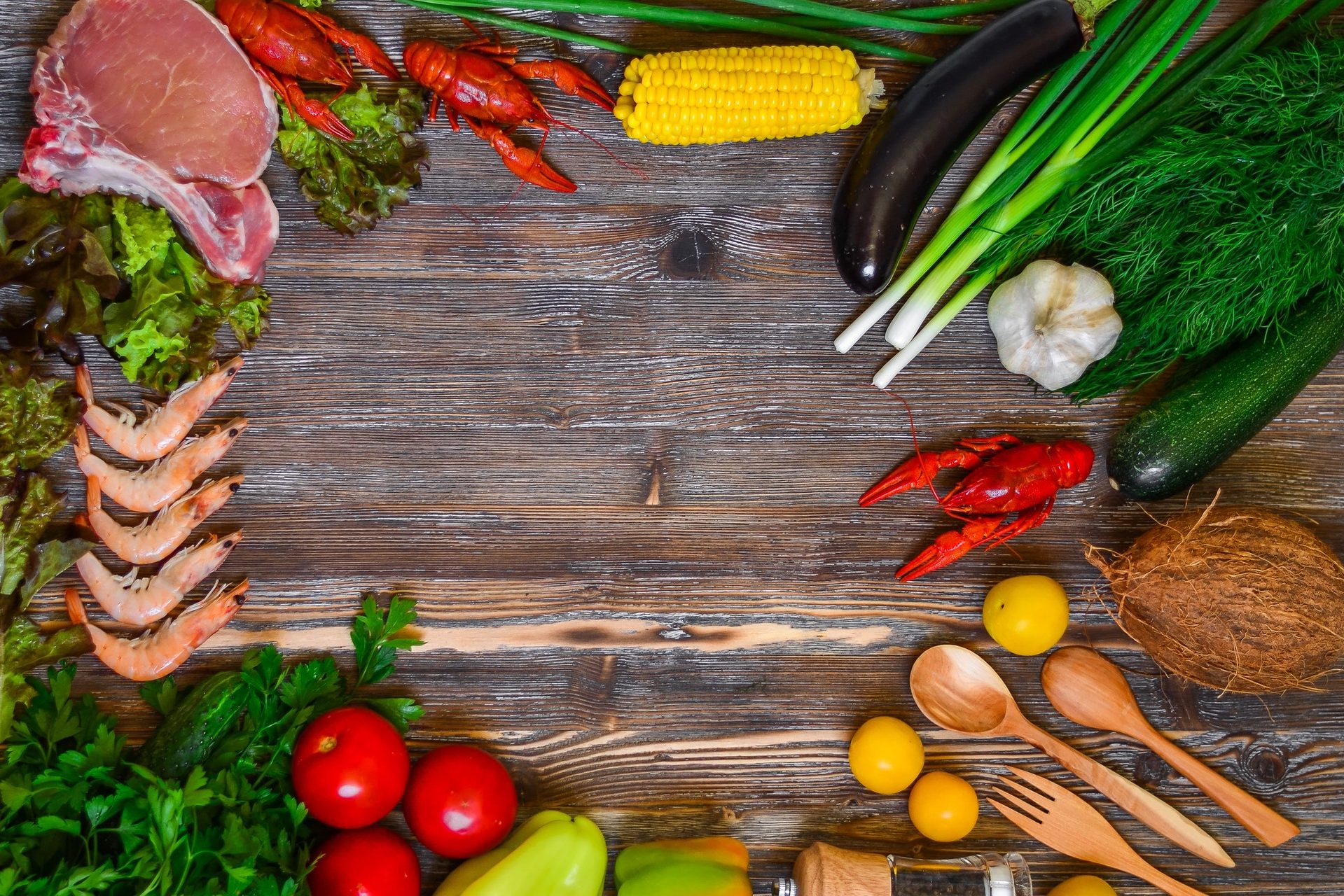
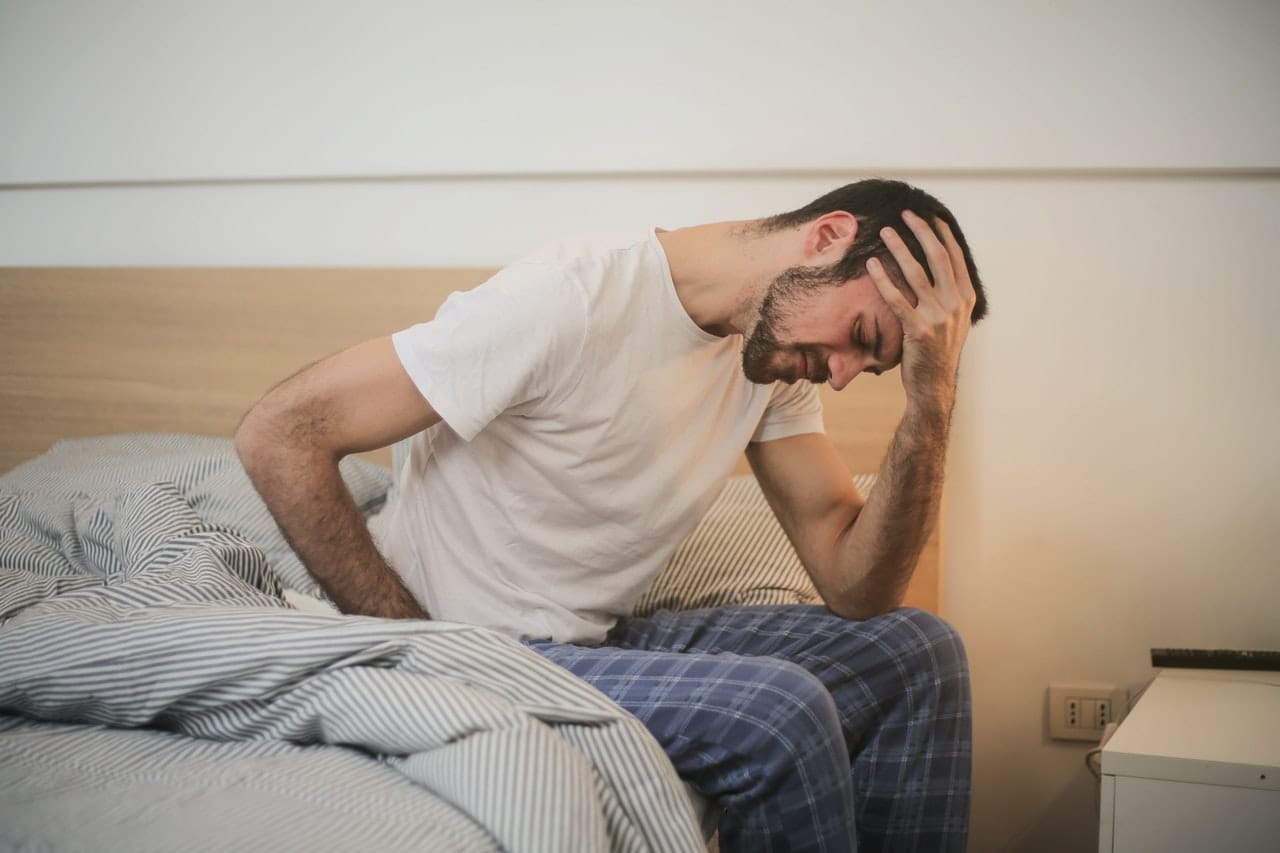
Comments are closed.